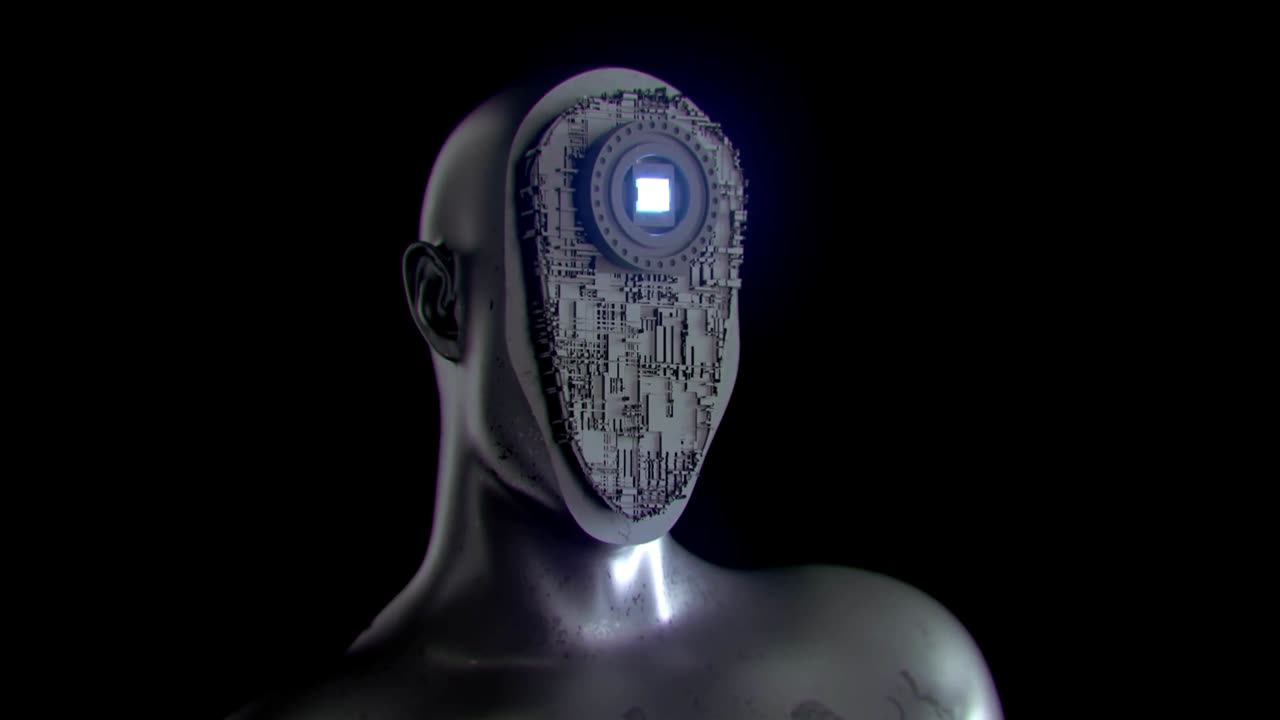Premium Only Content

#Meta and #Nvidia recently published research on teaching #AImodels to interact with the #realworld
#Meta and #Nvidia recently published research on teaching #AImodels to interact with the #realworld through a simulated one. The real world is not only complex and messy, but also slow-moving, making it difficult for agents to learn to control robots and perform tasks like opening a drawer and putting something inside. To help these agents perform tasks more effectively, @Nvidia has added an additional layer of #automation by applying a large #languagemodel to help write reinforcement learning code. They call this the Evolution-driven Universal REward Kit for Agent (EUREKA).
The #Evolution-driven #Universal REward Kit for #Agent was found to be surprisingly good at outperforming #humans in the #effectiveness of the reward function. The team iterates on its own code, improving as it goes and helping it generalize to different applications. The pen trick above is only simulated, but it was created using far less human time and expertise than it would have taken without #EUREKA. Using the technique, #agents performed highly on a set of other virtual dexterity and locomotion tasks.
#Meta is also working on embodied #AI, introducing new habitats for future robot companions. It announced a new version of its "Habitat" dataset, which includes nearly photorealistic and carefully annotated 3D #environments that an AI agent could navigate around. This allows people or agents trained on what people do to get in the simulator with the robot and interact with it or the environment simultaneously. This is an important capability, as it allows the robot to learn to work with or around humans or human-esque agents.
@Meta also introduced a new #database of 3D interiors called HSSD-200, which improves the fidelity of the #environments. Training in around a hundred of these high-fidelity scenes produced better results than #training in 10,000 lower-fidelity ones. They also talked up a new robotics simulation stack, @HomeRobot, for @BostonDynamics' Spot and Hello Robot's Stretch. Their hope is that by standardizing some basic navigation and manipulation software, researchers in this area can focus on higher-level stuff where innovation is waiting.
#Habitat and #HomeRobot are available under an @MIT license at their @GitHub pages, and HSSD-200 is under a @CreativeCommons non-commercial license.
-
 30:31
30:31
SB Mowing
21 hours agoI brought in REINFORCEMENTS when I saw the state of this yard
71K31 -
 1:59:13
1:59:13
Adam Carolla
2 days agoBeing Republican & in Hollywood +Kelsey Grammer on Fatherhood + Peter Berg's Super Bowl Commercials
40.7K25 -
 18:29
18:29
DeVory Darkins
10 hours ago $25.76 earnedZelenskyy KICKED OUT of the White House after shouting match erupts
68.6K155 -
 2:23:02
2:23:02
Badlands Media
23 hours agoThe Liberty Den Ep. 133
96.3K38 -
 2:05:41
2:05:41
TimcastIRL
10 hours agoTrump SLAMS Ukraine President In TENSE WH Meeting, The War MAY END w/ Rob Smith | Timcast IRL
179K97 -
 10:31:05
10:31:05
Dr Disrespect
18 hours ago🔴LIVE - DR DISRESPECT - PGA TOUR 2K25 LAUNCH DAY
201K28 -
 2:30:04
2:30:04
Laura Loomer
9 hours agoEP105: MISSING: The Epstein Files
82.6K58 -
 1:46:14
1:46:14
Kim Iversen
10 hours agoTrump to Zelenskyy: 'You're Gambling with World War III'
91.3K134 -
 55:28
55:28
Glenn Greenwald
12 hours agoGlenn Reacts to Trump-Zelensky Exchange and Takes Q&A from our Members | SYSTEM UPDATE #415
141K238 -
 4:26:54
4:26:54
Nerdrotic
14 hours ago $39.75 earnedMarvel PANIC MODE! Kathleen Kennedy GONE?! Hollywood DEI Dead | Friday Night Tights 342 Nick Freitas
150K41